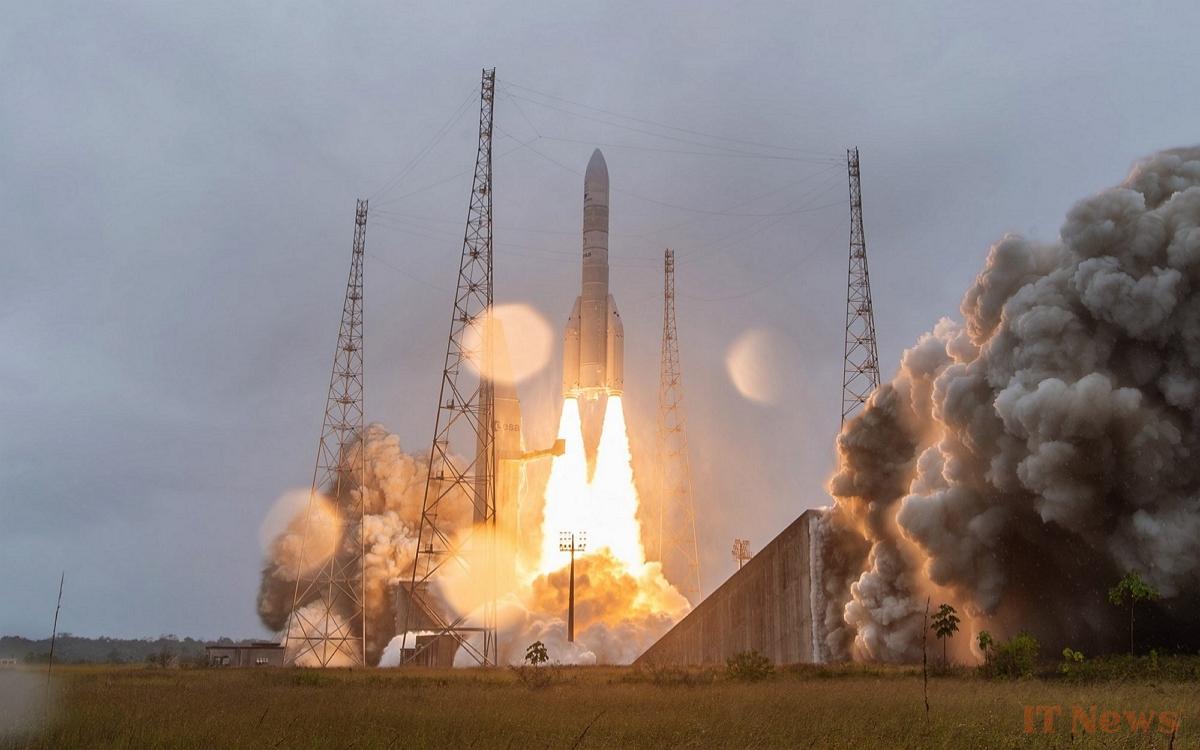The European space industry reached a crucial milestone today with the successful launch of the Ariane 6 rocket from the Guiana Space Centre. At 17:24, the European heavy-lift launcher lifted off, marking the start of a new era for Europe's autonomous access to space.
The launch of Ariane 6, initially scheduled for December, has been postponed several times due to technical issues. After a first test flight in July 2024, this inaugural commercial mission is of capital importance for European space. Ariane 6 put CSO-3, a French military observation satellite, into orbit, completing a constellation of three satellites intended to strengthen France's global surveillance capabilities.
Since Russia's invasion of Ukraine in 2022, Europe has been deprived of access to Soyuz launchers. The retirement of Ariane 5 in 2023 and delays to the new Vega-C lightweight launcher have forced the continent to depend on SpaceX for more than a year. The success of Ariane 6 therefore marks a decisive turning point for European space independence.
A new boost for the European space industry
The launch of Ariane 6 is part of a context of renewal for the European space sector. While in 2023, Europe had only carried out three successful orbital launches, compared to 109 for the United States, the outlook is improving. In addition to Ariane 6, the Vega-C launcher returned to service last December, strengthening European capabilities.
The emergence of start-ups such as Isar Aerospace, PLD Space and Rocket Factory Augsburg also promises to diversify the European launch offering. These companies are developing local alternatives to SpaceX, with first flights planned for this year for some of them.
However, Europe faces persistent challenges. Unlike SpaceX's rockets, Ariane 6 is not reusable. While Europe is encouraging the development of lightweight reusable launchers by the private sector, a heavy reusable option is not expected to emerge before the 2030s.
Despite these limitations, the strengthening of European space capabilities is great news for the region's entire space technology sector. According to Mark Boggett, CEO of investment firm Seraphim Space, this increased access to Space is expected to drive innovation and the deployment of new space technologies in Europe. The economic benefits could be significant. McKinsey and the World Economic Forum predict that the global space economy will grow from $630 billion in 2023 to $1.8 trillion by 2035.




0 Comments